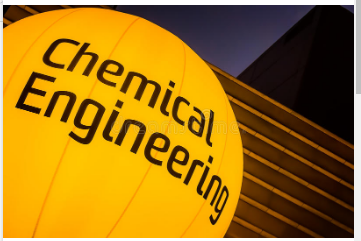A blog on The Future of Chemical Engineering: Emerging Technologies and Innovations

A blog on The Future of Chemical Engineering: Emerging Technologies and Innovations Chemical engineering has been a vital part of the modern world, driving innovation and progress in various fields such as energy, pharmaceuticals, food, and materials science. The chemical engineering industry is constantly evolving, driven by emerging technologies and innovations that promise to revolutionize the way we live, work, and interact with the world around us. In this blog, we will explore some of the most exciting emerging technologies and innovations in the field of chemical engineering and their potential impact on the future. Artificial Intelligence and Machine Learning Artificial Intelligence (AI) and Machine Learning (ML) have already made significant impacts on various industries, including chemical engineering. In the coming years, AI and ML will continue to play a vital role in the field by automating processes, optimizing production, and predicting equipment failures before they occ...




